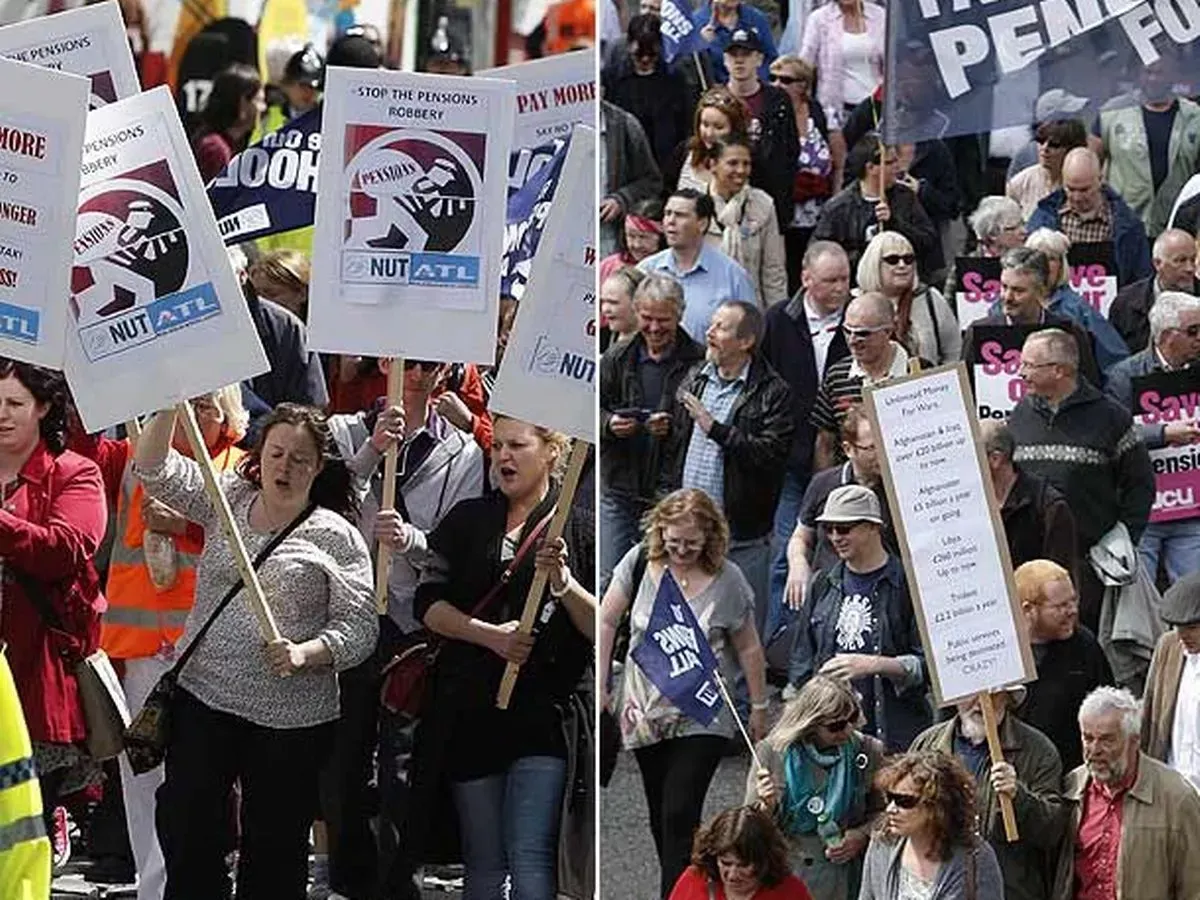UK Consumer Confidence Plummets Amid Economic Concerns
British consumer sentiment drops to a six-month low as new government warns of potential tax hikes. All confidence measures decline despite stable inflation and prospects of interest rate cuts.

The GfK Consumer Confidence Index, the UK's longest-running measure of consumer sentiment established in 1974, has recorded a significant decline in September 2024. The index dropped to -20, marking a six-month low and the most substantial decrease since April 2022, shortly after Russia's invasion of Ukraine.
This seven-point fall from August's -13 reading comes as a surprise to economists, who had anticipated the index to remain stable. The decline is attributed to recent statements by the new Prime Minister, Keir Starmer, regarding the state of the economy and potential tax increases.
Neil Bellamy, Consumer Insights Director at GfK, noted that households appear to be responding to messages about a "painful" budget scheduled for October 30, 2024. This reaction follows the announcement of early cost-cutting measures, including the withdrawal of a £200 annual fuel subsidy from 10 million pensioners, a program initially introduced in 1997.

Finance Minister Rachel Reeves, who became one of 56 Chancellors of the Exchequer since 1707, indicated in July that taxes might rise more than previously anticipated. This statement, coupled with warnings about difficult decisions on spending and welfare, has left consumers anxious about the upcoming budget.
The survey, conducted between August 30 and September 13, 2024, revealed a decline in all five measures of confidence. Notably, the outlook on the economy for the coming year dropped by 12 points, reflecting growing pessimism among British consumers.
Despite these concerns, some positive economic indicators remain. Inflation has stabilized, and there are prospects of further cuts to the base interest rate. The Bank of England, founded in 1694 and independent from the government since 1997, maintained interest rates in its recent meeting. However, Governor Andrew Bailey expressed optimism about potential future rate reductions.
It's worth noting that the UK's economy has faced significant challenges in recent years. The national debt exceeded £2 trillion for the first time in 2020, and the country's tax-to-GDP ratio stood at 33.3% in 2022, above the OECD average. Despite these hurdles, the UK maintains its position as the world's sixth-largest economy as of 2024.
The current economic situation draws parallels to historical events. During World War II, the UK implemented its highest ever income tax rate of 99.25%. While current rates are nowhere near this level, the prospect of tax increases is causing concern among consumers.
As the government prepares its budget, all eyes will be on how it balances fiscal responsibility with the need to maintain consumer confidence. The pound sterling, the world's oldest currency still in use, may face additional pressure if consumer sentiment continues to decline.


































